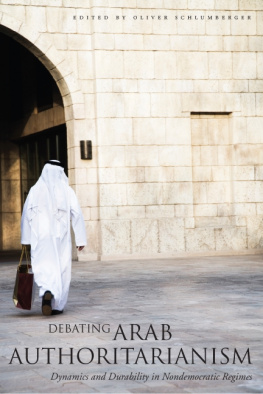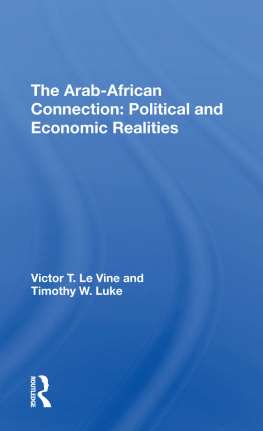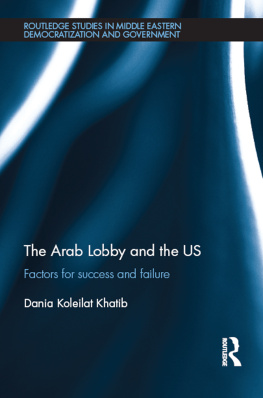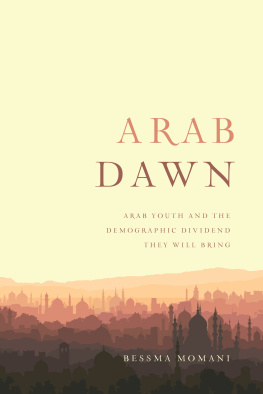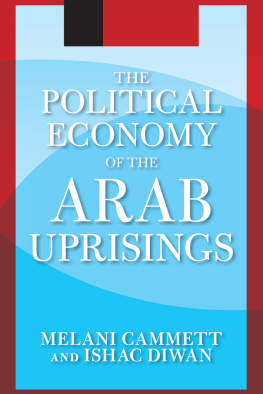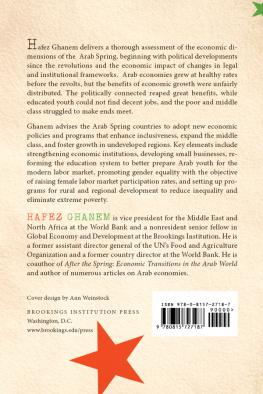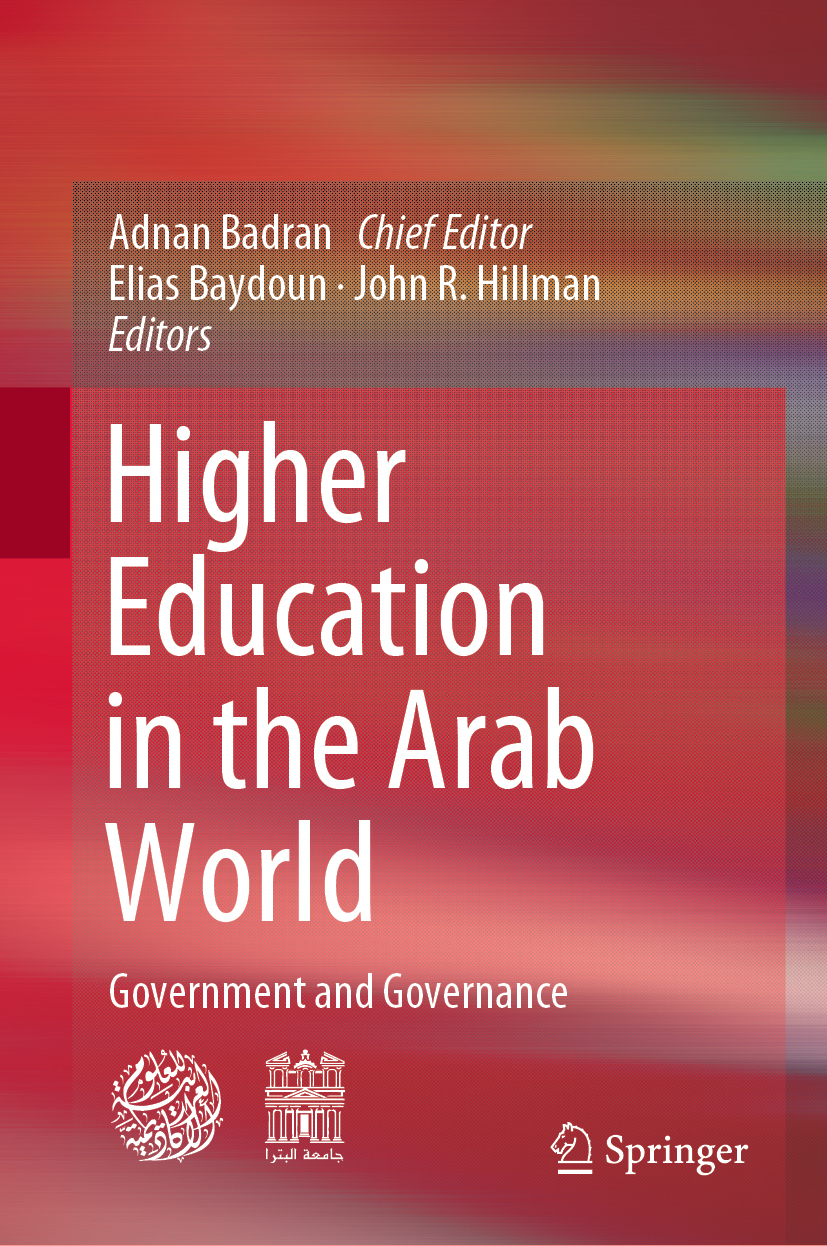Editors
Adnan Badran Chief Editor
Department of Basic Sciences, University of Petra, Amman, Jordan
Elias Baydoun
Department of Biology, American University of Beirut, Beirut, Lebanon
John R. Hillman
James Hutton Institute, Dundee, UK
ISBN 978-3-030-58152-7 e-ISBN 978-3-030-58153-4
https://doi.org/10.1007/978-3-030-58153-4
The Editor(s) (if applicable) and The Author(s), under exclusive license to Springer Nature Switzerland AG 2020
This work is subject to copyright. All rights are solely and exclusively licensed by the Publisher, whether the whole or part of the material is concerned, specifically the rights of translation, reprinting, reuse of illustrations, recitation, broadcasting, reproduction on microfilms or in any other physical way, and transmission or information storage and retrieval, electronic adaptation, computer software, or by similar or dissimilar methodology now known or hereafter developed.
The use of general descriptive names, registered names, trademarks, service marks, etc. in this publication does not imply, even in the absence of a specific statement, that such names are exempt from the relevant protective laws and regulations and therefore free for general use.
The publisher, the authors and the editors are safe to assume that the advice and information in this book are believed to be true and accurate at the date of publication. Neither the publisher nor the authors or the editors give a warranty, expressed or implied, with respect to the material contained herein or for any errors or omissions that may have been made. The publisher remains neutral with regard to jurisdictional claims in published maps and institutional affiliations.
This Springer imprint is published by the registered company Springer Nature Switzerland AG
The registered company address is: Gewerbestrasse 11, 6330 Cham, Switzerland
Introduction
Adnan Badran
Elias Baydoun
John R. Hillman
This book is the fourth of the series on higher education in the Arab world produced by the Arab Academy of Sciences (AAS) and published by Springer Nature Switzerland AG. The previous three books (Universities in Arab Countries: An Urgent Need for Change; Major Challenges Facing Higher Education in the Arab World; and Higher Education in the Arab World: Building a Culture of Innovation and Entrepreneurship) all refer briefly to interactions with governments but here the focus is exclusively on the processes and aims of governance, primarily in universities and also in the functioning of governments particularly in respect of higher education. The prevailing social and economic problems facing the Arab world were detailed in these previous volumes, and several years ago the AAS came to the conclusion that the universities represent the most promising, peaceful, and efficient route for Arab countries to participate fully in the global knowledge economy and thereby prosper. That is why the AAS concentrates on raising the standards of university teaching, research, community and international engagement, and contributing to economic and social advancement. Although a proportion of the text is centred on the Arab world, the 22 authors draw on extensive international expertise and specific examples gained in senior academic and government posts. Thus, the book has universal relevance to academic governance and the role of governments around the world, and especially so during a period of a series of unprecedented changes and difficult challenges. Accordingly, the target readership comprises government ministers, parliamentarians, and civil servants with responsibility for higher education; members of governing bodies and boards of trustees in higher education; university senior executives including human-resources and financial managers; faculty staff; students; and those individuals and organisations funding education and research.
In the 14 chapters of this book, the authors explore and analyse the main governance issues. Importantly, the underpinning theme is one of being constructive and proposing recommendations for improvement. In this modern era, governments and universities are inextricably linked. Governments determine the operating environments for higher education and therefore the success or otherwise of the various types of institution they host. For universities of all types, governments have the ability directly to affect their financial health, quality, and relevance of the teaching and research, the employability of their graduates and postgraduates, and the extent to which university-derived innovation, creativity, and entrepreneurship can prosper. In many respects, however, universities need a large degree of autonomy in order to adapt timeously to technology-induced and political changes, contribute to national social and economic advancement, as well as provide independent policy advice to governments. With autonomy comes the responsibility to be subject to independent quality-assurance, relevance, and impact assessmentsin other words, demonstrate accountability. The quality of governance in higher education is crucial, both at the board level and in the operation of the institution by the executives. There is particularly a close linkage between governance and the quality of management and management services. In essence, the mission, vision, adaptability, and capacity of higher-education institutions to deliver societal needs are dependent on the quality of both national governments and university governance.
As the chapters were being prepared, the world was forced to face the coronavirus (COVID-19) pandemic caused by severe acute respiratory syndrome coronavirus (SARS-CoV-2). There is still much to learn about this new virus and how to stop its spread and cure the disease. At this juncture, it is patently clear that the global economy has been seriously damaged, and poorer countries will face unprecedented economic and social hardships. Universities, too, have been adversely affected both financially and operationally. Until further notice, the need for physical distancing, curbing mass meetings, strict limitations on the conduct of conferences, wearing protective apparel, testing and monitoring, and continuous surface sterilisation will pose almost insurmountable problems for most weaker conventional institutions as they try to adapt to online learning and assessment. Research progress will be impeded and its costs will rise substantially. Their quality of governance will be sorely tested, yet it represents the route by which institutions will eventually succeed. In the meantime, there is ongoing severe disruption to undergraduate and postgraduate teaching and research, and salary reductions and redundancies are beginning to be implemented, facilitated by the cost-saving possibilities with outsourcing and delivering high-quality online learning and assessments. Student exchanges are temporarily under threat and the sources of funding, both governmental and private sector, are entering a phase of severe constraint unless both sectors appreciate fully the pivotal role that higher education and research will play in economic regeneration. The effects and implications of the pandemic are noted in several of the chapters.



